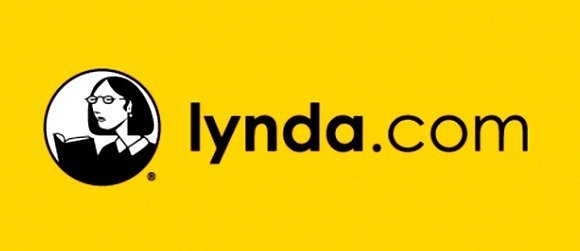by Jingy Yen, Career Adviser
Before moving to Philadelphia and starting my job at Penn, I had a side gig doing bridal and special event makeup. I’ve always loved playing with makeup and trying the newest products, but it always felt very separate from my professional work as a career advisor. I’ve recently begun to realize that it doesn’t have to be! Although I spend most of my time advising on the best search strategies and fine tuning resumes, I also get many questions from students about professional attire and appearance, especially for interviews. So here are some tips and tricks I’ve curated through my experience working as both a career development professional AND a makeup artist:
How to look more awake:
By far the biggest problem I have when doing my makeup before an interview is figuring out how to look more refreshed and awake. This is my 3 pronged, sure fire way to look like you had a full nights sleep and are super enthusiastic about the job:
1. Mascara. If you are going to apply just one item, this would be it. Try a brown mascara for a more subtle look, especially if you have lighter hair. Pro tip: don’t pump your mascara wand, instead spin it around in the tube to get the product on the brush. Pumping it will dry out the product faster!
2. Under eye concealer. Cover up those bags! Use an orange based concealer to cover any blue or purple areas. Then, apply a concealer that is a shade lighter than your normal skin tone to brighten up the area. Focus the concealer in the area underneath the bag, not on the actual bag itself. Check out this video for some great techniques:
3. Use a nude or white eyeliner on your lower lashline, instead of black. Black tends to close the eye while or nude will help make it look bigger and more awake.

Be wary of Instagram trends

Okay, I’m guilty of this one. What can I say, I’m a fan of a thick brow and some intense highlighting action. But what I’ve learned from taking pictures for my makeup Instagram is that what looks good in a photo doesn’t always look good in person. You may look beautifully glowing in that perfectly angled snap, but it comes off as an oil slick to the employer sitting in front of you. Less is usually more in this case. This is why you always hear that you should wear dark colored suits with not a lot of patterns. You don’t want to be remembered for what you are wearing, and this is the same philosophy for makeup. So step away from the contouring and false lashes, and remember that neutrals are your friend!
You don’t have to wear makeup
This is one of the most common questions I get from students. Do I have to wear makeup? NO! You can wear as much or as little as you want, as long as it’s not distracting and still professional. The interview is not the time to try something drastically different from what you normally do. Definitely don’t feel any pressure to dress up or look a certain way. This brings me to my next point…
Above all, do what makes you feel the most confident
This is my philosophy on all things makeup and beauty. If you normally don’t wear makeup and know that you would be self-conscious about it, then don’t wear makeup to the interview. If you normally wear a full face of makeup and feel the most put together when you do, then rock it to the interview. It’s all about what is going to make you feel the most confident and sure about yourself. This attitude will come through in the way you talk about yourself and the answers to interview questions. This may seem like I’m telling you to ignore all my previous advice, but I think it’s more about finding the right balance and becoming the most polished version of yourself.


 Mastering Handshake will only take you a couple of minutes. Check out our
Mastering Handshake will only take you a couple of minutes. Check out our  Lynda has a ton great, skill-oriented tracks you can follow along with. Most videos are digestibility small (10-20 minutes) while full collections can total 40+ hours of hands-on training. Last year, I took a few courses on drawing, game design, and JavaScript.
Lynda has a ton great, skill-oriented tracks you can follow along with. Most videos are digestibility small (10-20 minutes) while full collections can total 40+ hours of hands-on training. Last year, I took a few courses on drawing, game design, and JavaScript.